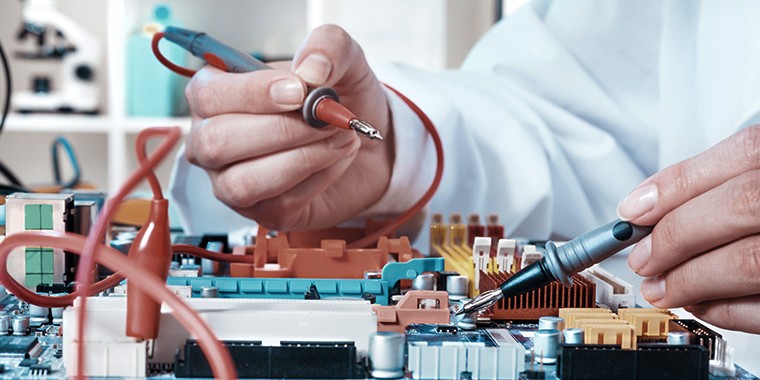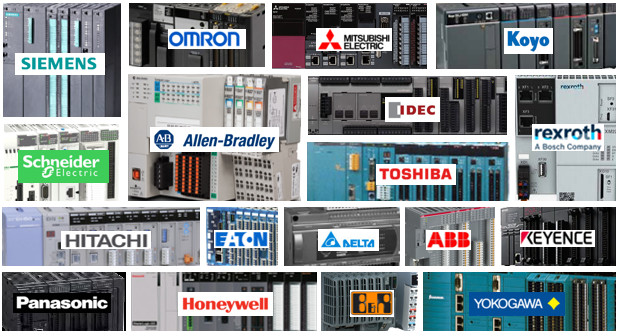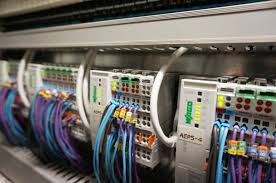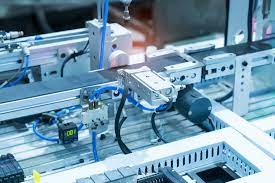Multimedia Technology
This course teaches the fundamentals of multimedia representation, storage, communication, and processing by digital means, with an emphasis on audio, still images, and video media. It includes an introduction to sampling theory and various representation techniques.
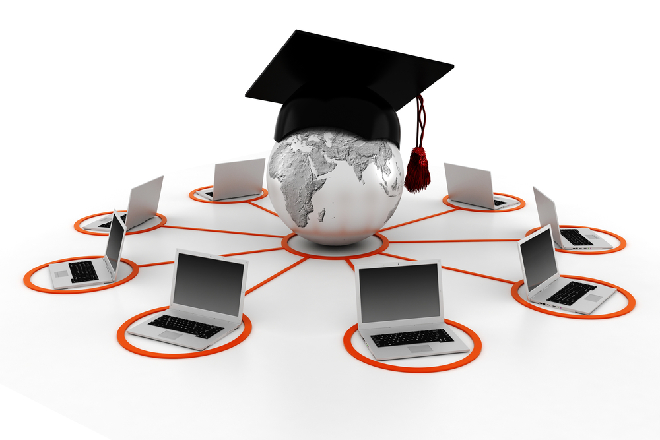
Technology for Teaching and Learning
This is a 3 Unit introductory course that
explores basic knowledge and skills and values in the use of technology for
teaching and learning. This course includes ICT Policies and safety issues,
media and technology in various content areas,learming theories and principles
in the use and design of lessons, teaching-learning experience and assessment
tasks that utilize appropriate traditional and innovative technologies with
social ethical and legal responsibility.
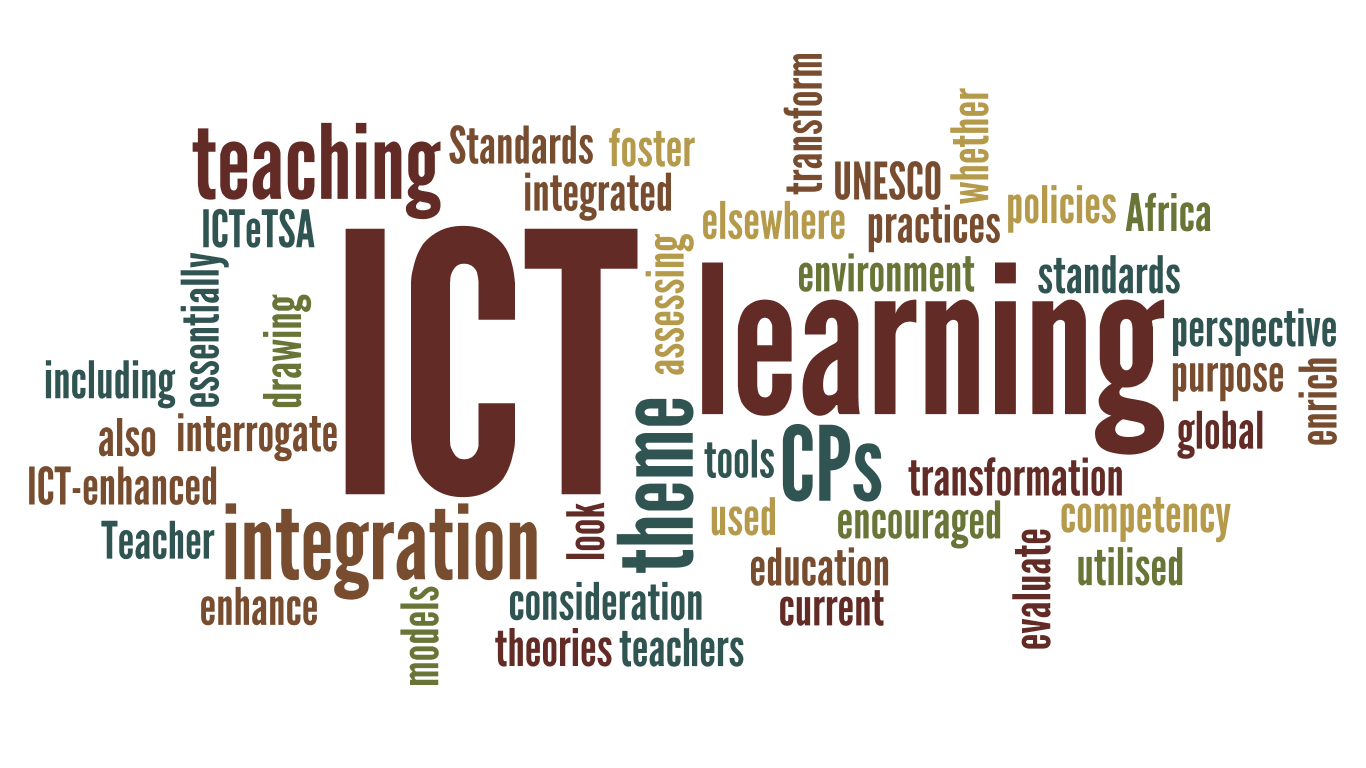
Teaching ICT as an Exploratory Course
This course deals with the exploratory approach in Information and Communications Technology. This course is applied to the teaching and learning process in the subject Technology and Livelihood Education by adapting to the current situation for online education amidst the pandemic.

Principles of Data Communication
This course deals with the
theory and components of data communications system, terminals, modems, network
topologies, communication protocols, OSI reference model and TCP/IP protocols,
transmission media, data communications and networking devices, connecting devices, IP addressing, and data
communications designs.

Principles of Data Communication
This course aims at building a firm foundation of data communications and computer networks for students. This course covers basic networking concepts and models, physical data communication mechanisms.

TEACHING COMMON COMPETENCIES IN IA
This course is designed to enhance knowledge, skills, and attitudes
of a student on Industrial Arts competencies such as tools and equipment, techniques
and process, design layout/planning and estimating, project
execution/fabrication and joinery, and work ethics and real-world application.

INTRODUCTION TO AFA
The course introduces the exploratory aspects of
Fishery Arts. It explains different areas namely, fish morphology, fish
culture, fish capture, and fish preservation. Discussion includes fishery as
business and technical terms encountered in the study of the fishery.

INTRO TO INDUSTRIAL ARTS
This course features the fabrication of objects in wood or metal using a variety of hand, power, or machine tools. It may include small engine repair and automobile maintenance and all programs usually cover technical drawing as part of the curricula.


